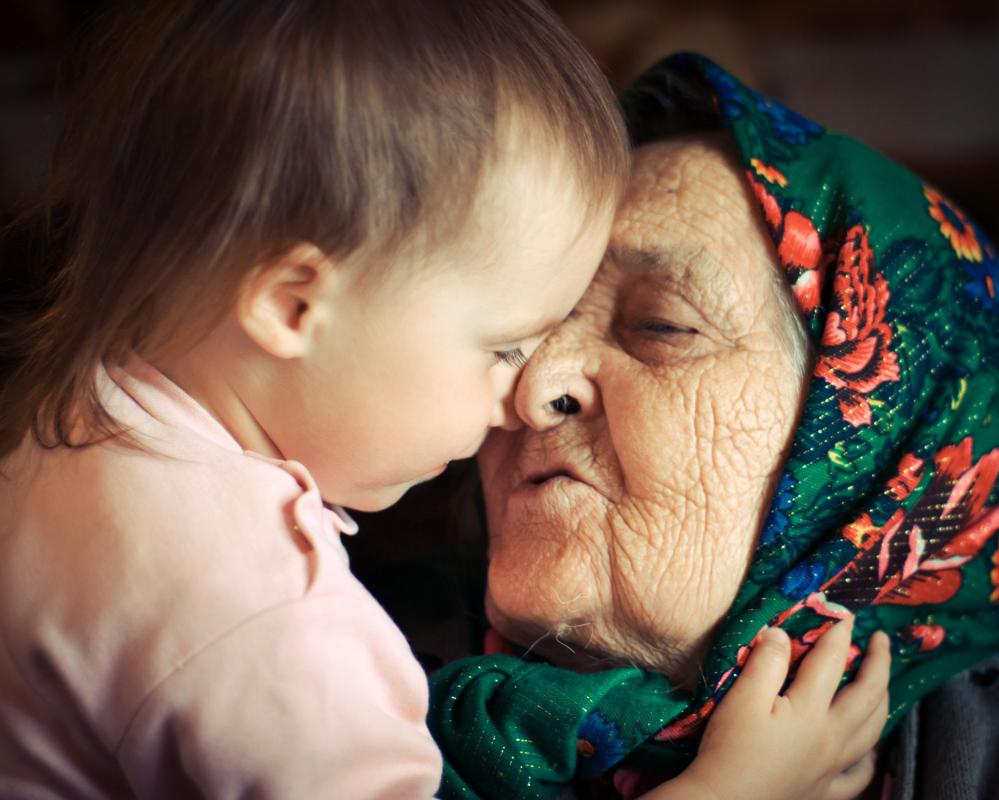At WiseGEEK, we're committed to delivering accurate, trustworthy information. Our expert-authored content is rigorously fact-checked and sourced from credible authorities. Discover how we uphold the highest standards in providing you with reliable knowledge.
What is the Connection Between Age and Memory Loss?
Age and memory loss are generally considered to have a connection because full or partial memory loss is progressive with age, but it should not necessarily be thought of as a result of the natural aging process for several reasons. An increasing number of medical doctors, practitioners of alternative medicine, and laypeople have come to understand that the connection between age and memory loss is actually linked to the devastating effects of health-destroying toxins that the body of a mature individual can not resist with the same strength as that of a younger person. These toxins impair the proper functioning of the systems of the body, particularly the circulatory system, which in turn, affects the brain. When the brain does not receive sufficient oxygen or is exposed to toxins, it simply does not operate at full capacity.
Forgetfulness, impaired memory, senility and other signs of memory loss in elderly people should not be automatically linked to a connection between age and memory loss. There are many people who are 90 years old or older and have a sharp short- and long-term memory and have the ability to learn new things, hold in-depth conversations, display excellent reading skills, to reason and to make complicated decisions. A good number of these people, many of whom are centenarians, still live independently. If there is really a direct connection between age and memory loss, impaired memory should be evident in every elderly person, but that it not the case.

Although the circulatory system, like all systems in the body, loses some functionality with age, poor circulation generally is not the cause of memory loss. The same can be said for natural changes in blood pressure as the body ages, meaning that there is doubt regarding a verifiable connection between age and memory loss. Many young people suffer from poor circulation and abnormal blood pressure. They do not, however, suffer memory loss, forgetfulness or the signs of senility.

If there is a connection between age and memory loss, it might result from the fact that the same toxins in foods, drinks and impure water that cause disorientation, senility and memory loss in an older person might only cause an upset stomach in a young person. Toxins from unnatural foods, drinks, cigarette smoke, pollution and other poisons accumulate in the body's liver over time. These toxins are then permitted to roam to every part of the body via the circulatory system, doing harm to a number of tissues and organs, including the brain. This is why people who have completed liver cleanses, changed their diet and took up an exercise program have observed that the apparent connection between age and memory loss disappeared afterward.
AS FEATURED ON:
AS FEATURED ON:
















Discuss this Article
Post your comments